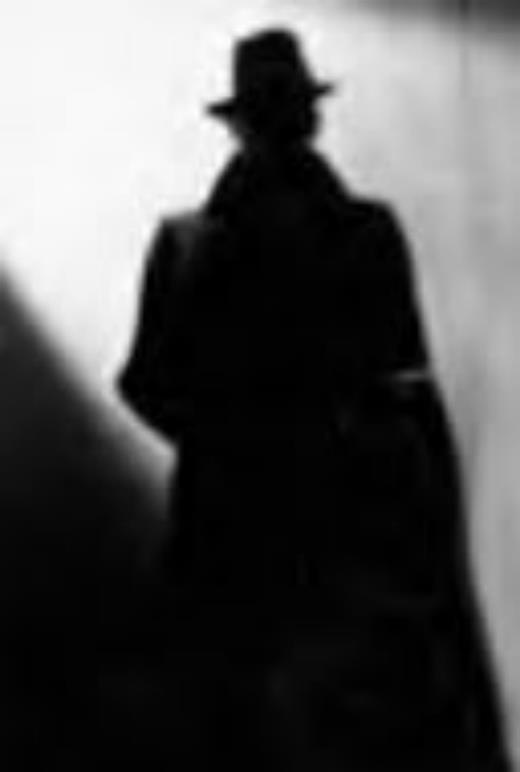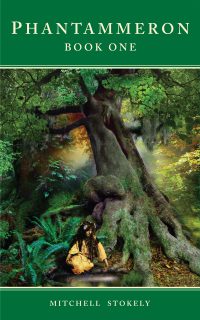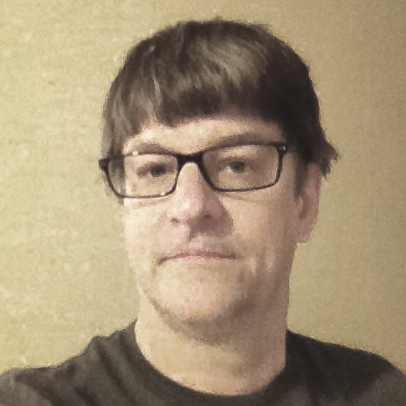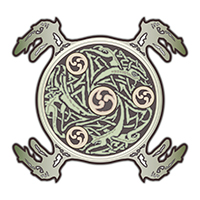The brilliant Carl Jung once wrote a paper on ‘The Shadow’. He described the Shadow as the darkest part of the Self and its unconscious that continually ‘projects’ itself onto the world. Doing so, the personality fashions itself as a perceived victim of the world so that the Self and the Ego might live and seek meaning through life. Such is the strange purpose of these darker constructs of our minds.
My purpose in bringing up this topic is to enlighten creative writers, those who seek a deeper, more spiritual basis for through their work. As writers and artists, it’s critical we understand these parts of our own psychology, as the art of creating anything is but the exploration of ourselves, often our deepest, darkest selves.

One of the things Joseph Campbell the Mythologist has talked about, in concert with Jung’s views as a psychiatrist, is the concept of a “shadow self” in ancient mythology. As a writer its fascinating to understand this aspect of ourselves and its connections to myth. Many of the mythological archetypes we respond to in our entertainment now seems to come from this darker realm of people. But sucg stories are often mixed with larger societal protagonists and antagonists in our movies and fiction that move away from the deeper mythological archetypes. Take the anti-heroes we now are so fascinated with – Darth Vader, Batman, Joker, Harley Quinn, etc. Who are these figures? Why is Western culture drawn to them now in this post modern age? What do they offer or not offer us in understanding our Shadow-Self?
Studying the Celts (where so many of my ancestors came from in Western Europe and England), I read that before the Roman invasions this culture seemed to be focused on death and the underworld. But it was not an “evil” or immoral belief they had. It was simply the Celts and the Druids fascination with the travel of their ancestors through the underworld of the earth (much like the Egyptians) in parallel with the dying of the sun and its return \after the Winter Solstice in the Northern Hemisphere.
In that sense the myths spawned from seasonal cycles – as well as interest in the belief in an eternal spirit that does not perish after death but lives on – allowed the Celts to create beliefs and a culture that understood itself psychologically. But part of their beliefs forged these darker anti-hero stories and Gods as a way to connect them with Nature, as well. Both their Shadow-Self and their cosmological selves were thus both aligned through myth.
What Carl Jung and Campbell have shown, combining myth with psychology, is the view that below the light of consciousness there is the darkness of the unknown unconscious. But wrapped up in that is the Shadow-Self who projects our animalistic needs and struggles onto the conscious self. When we then write modern stories in which we explore these darker figures they are a form of projection of this darker, often unfulfilled self. And so in story that combines myths, we subconsciously engage in the Shadow and so we recognize his many faces in say Darth Vader. we perceive ourselves through him and see our forbidden self for what it is. We recognize him and in many cases enjoy his presence in story, not because we are him, but because our mind and its vast imagination contains his character in some form in our minds. We project our Shadow onto the screen. and so we are fulfilled, spiritually, psychologically.
If we didn’t know instinctively who Darth Vader is and what he stands for his archetypes would appear alien to us and not stimulate us to follow his story. For the story of Vader is the story of all the Star Wars movies. If writers had not fashioned his vision by ancient myth as they did, he would not have moved us. And so this reminds us of why so many other dark figures in movies fail us. They fail because they ignore the tenants of ancient myth.
As a writer exploring these themes in my own stories, I’m interested in seeing these myths and symbols for what they really represent. As so many dark movies and books seem to be pouring into the theaters, as well as in modern books (like Game of Thrones), I see certain levels of violence and sex that seem extreme to me, yet often not moving or effective as store tropes. They seem tied to the violence and sex of our society, not ourselves. and so they do not sustain us, spiritually, as a culture and die. They fail to capture the true Shadow-Self moment in us.
It makes sense that modern culture refuses to accept our Shadows or the Shadow-Self. They fail to explore myths safely as men like Carl Jung have suggested, and so that archetype often comes out in ugly ways that’s not psychologically sustaining, as Carl Jung suggests. By not seeing ourselves for who we are, the 360 view, we hide and deny the Shadow-Self its place in myth, in history, in religion, and in our lives. It had a purpose for our ancestors who accepted and used it in a vibrant culture that worshiped the sun and the spirits of the dead, their ancestors who they loved.
We seem lost to knowing ourselves, only accepting that which Hollywood spits out to stimulate these sides of ourselves unconscious to us. Our kids seem to accept and respect and appreciate these darker symbols naturally, like at Halloween when they so easily don monster costumes and play their mythological parts in that ancient celebration.
But we as adults hide from our Shadows in 20220 until suddenly Batman or the some strange villain appears on the big screen in a mythological tale that stirs us. Then we strangely embrace the anti-hero in us again. Its too bad we don’t have the enlightened story-tellers to guide us through all this and enrich both the Shadow-Self and the brighter Conscious-Self in stories today.
Instead we are left with a few screen writers, authors, and entertainers who struggle and who often barely hint through story at the ancient Shadow-Self archetypes of ourselves whose true depths must be something much deeper and wider than we can ever imagine. If we had listened to Jung and Campbell and great men of the past in History, we might have kept that wisdom intact. We must now weep for what our culture has lost and struggle in the darkness for the meaning of the Shadow-Self in myth we have lost.
– the Author
Created Jul 22, 2016, 1:02 AM




2 views shared on this article. Join in...
Pings to this post
[…] is just a mythical part of the Self buried deep in the pits and pools of our brains; a piece of the Shadow-Self, an essential part of our life-giving force that gives us life. The dragon is a symbolic force that […]
[…] the fighting of oneself in the Shadow Self as Campbell describes it that is what we so desperately need in storytelling today. Because the […]